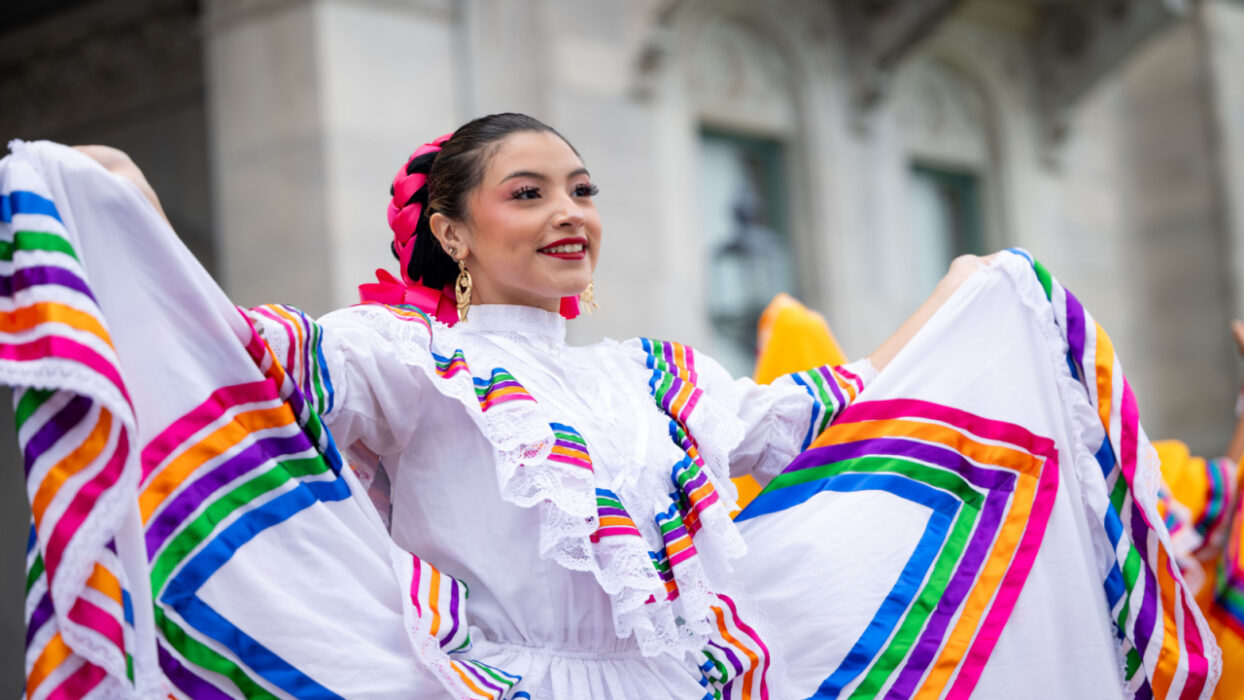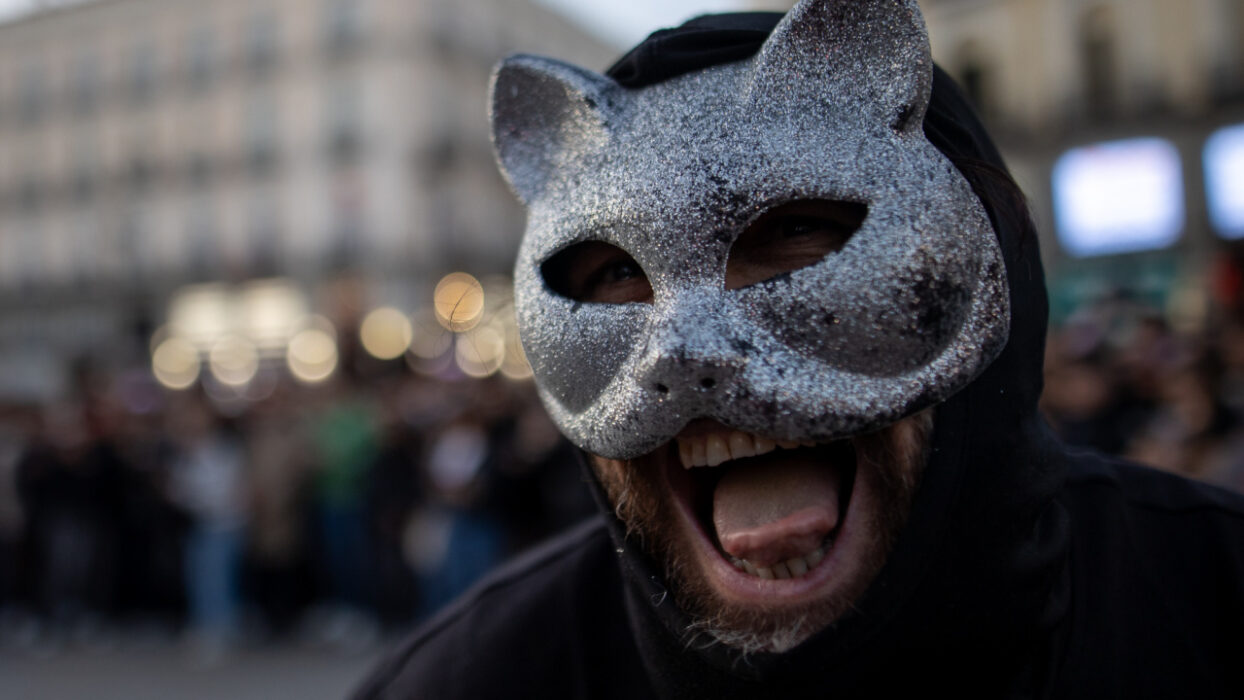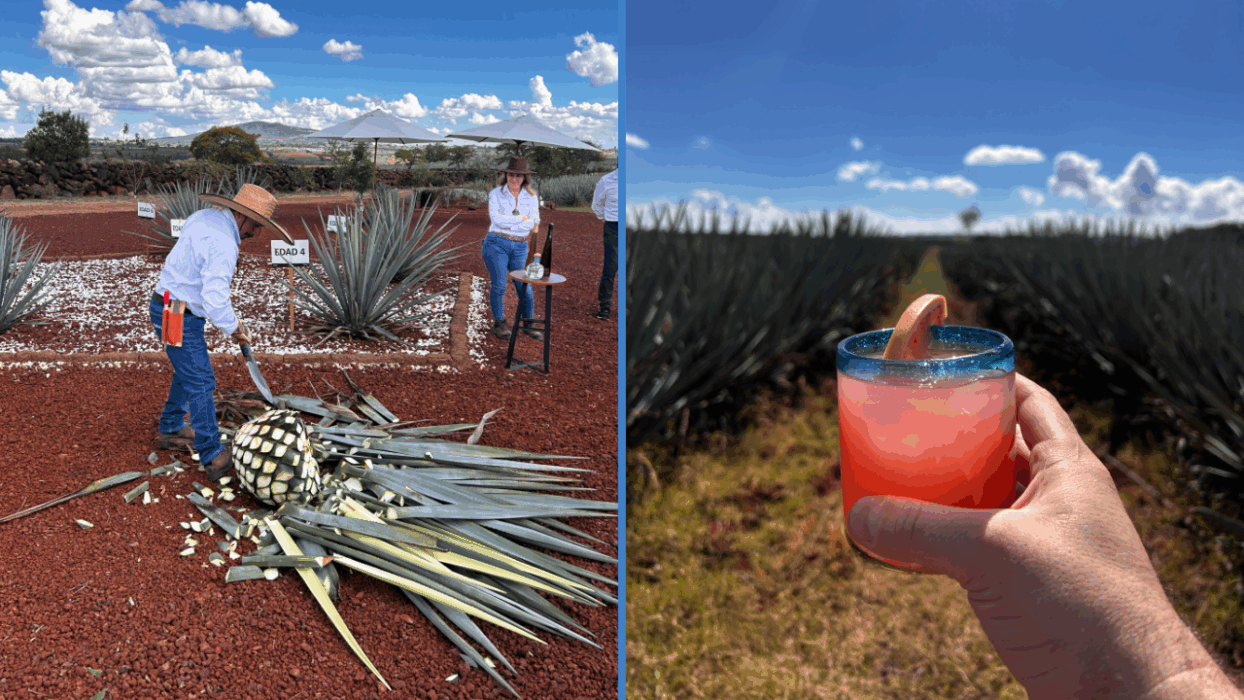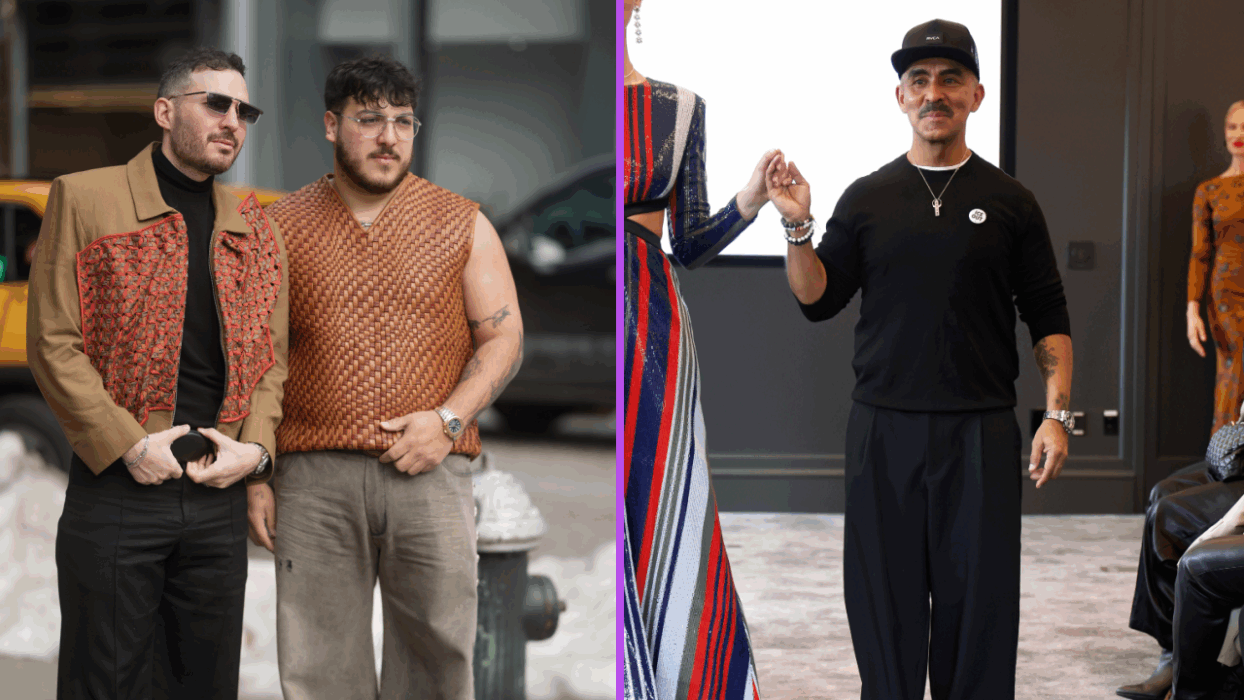
‘I Need To Be Touched,’ TikTok Creator Opens Up the Conversation About Touch Starvation in Moving Viral Video
In a video that has gone viral on TikTok, Mayte Lisbeth brought us all to the verge of tears. While going through a facial cleansing routine, the Afro-Latina spoke to her followers about how the lack of physical contact has affected her over the past few years.
“I feel like I’m dying from touch starvation,” Lisbeth said. “I feel like if I were to get the kind of hug that I fucking really want, I would crumble into pieces.”
At 33 years old, Mayte Lisbeth has opened up a conversation we all refuse to have for fear of looking vulnerable, being judged as weak, or simply being misunderstood.
“It’s been five years of touch starvation,” she wrote in the video’s caption. “I’ll probably have some more years of it. I’m not handling this well.”
Lisbeth’s video has hit very close to home for the person writing this note and millions of people out there.
Touch starvation, or the symptom of lack of affection
In her nearly three-minute video, which now has almost 200 thousand views, Mayte Lisbeth explains how difficult it is to live without physical contact.
“I need to be touched,” she says.
But it’s not just any physical contact. The creator explains that it’s not about going for a massage or getting a manicure.
“None of those people love me,” she says. “How am I gonna go the rest of my life like this?”
In fact, many of us ask ourselves the same question every day.
A few months ago, I lost 80% of my skin to acute eczema. Although I had always suffered from allergies and atopic skin, this time, my skin flaking became extremely painful.
After weeks of inconclusive examinations, the dermatologists’ response was lapidary: your skin is begging for affection.
A little-known diagnosis
The reality experienced by Mayte Lisbeth, and shared by many people in the comments of her video, is sad but largely unknown.
As experts explain, touch starvation is a disorder that occurs when no physical contact is received at all.
Known as “skin hunger,” this condition manifested even more strongly during the COVID-19 pandemic due to social distancing. However, it can occur with any lack of contact.
Few people realize that physical contact allows us to bond with other people. After all, the skin is the largest organ in the body and sends tactile sensations to the brain.
When pleasant contact occurs, such as a loving hug, the brain releases a hormone called oxytocin. This makes you feel good and strengthens emotional and social bonds while decreasing anxiety and fear.
Conversely, when you do not receive enough physical contact, you may suffer from stress, anxiety, or depression.
In response to stress, the body produces a hormone called cortisol. This can cause heart rate, blood pressure, muscle tension, and respiratory rate to increase, with harmful effects on the immune and digestive systems.
Touch starvation is particularly prevalent in the BIPOC community
As Sage Howard explained in her column for the Huffpost, Mayte’s TikTok has even more profound connotations for the community of women of color.
For the author, the serious role that isolation plays in the health of black women and people who identify as women is evident.
“Colorism, texturism, classism and proximity to whiteness all impact the love Black women do or don’t receive,” Howard writes.
According to the writer, colorism studies show that Black women marry less frequently and experience discrimination within dating groups primarily due to white supremacist ideals around desirability.
“These feelings of loneliness also show up in work settings,” Howard adds. “Black women often tend to feel unsupported and undervalued as they must constantly prove their ability and worth in the workplace.”
Love as an act of resistance
In a world where interpersonal relationships are conducted through a screen, physical contact is increasingly a privilege.
That’s why a hug is a gesture of rebellion, especially in our Latino community.
Love for others, even our pets, is now a matter of survival. No longer so much for the sake of acceptance, but for our oxytocin.




